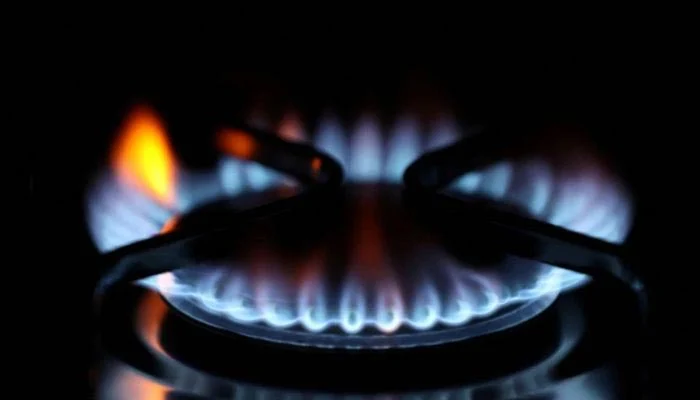Business
Gas crisis to aggravate as supplier refuses to deliver LNG cargo
-

 Latest News1 day ago
Latest News1 day agoThe IHC defers making a ruling on cases involving the same complaint against Sheikh Rashid.
-

 Latest News2 days ago
Latest News2 days agoTo discuss the judges’ letter, the IHC CJ calls for a full court meeting.
-

 Latest News1 day ago
Latest News1 day agoIran and Pakistan will cooperate on energy projects, such as the IP Gas Pipeline
-

 Latest News2 days ago
Latest News2 days agoNawaz Sharif departs for a five-day personal visit to China.
-

 Latest News1 day ago
Latest News1 day agoThe Lahore High Court Chief Justice has referred Fawad’s request for an extension of protective bail to a division bench.
-

 Latest News2 days ago
Latest News2 days agoThe creation of a provincial enforcement authority is approved by the PunjabCM.
-

 Education2 days ago
Education2 days agoThe president of Iran’s wife, Dr. Jamileh, claims that knowledge without ethics is worthless.
-

 Latest News2 days ago
Latest News2 days agoPTI announces a public meeting in Karachi.

























